 Some of you have asked, “How do we decide on making changes on Scoop.it?” We felt that this is an interesting opportunity to share the answer openly.
Some of you have asked, “How do we decide on making changes on Scoop.it?” We felt that this is an interesting opportunity to share the answer openly.
First, let me start by saying that it’s a process that has evolved to become much more complex now that millions are using Scoop.it every week. In the beginning, we were able to let our vision and intiution guide us, but now we have a responsibility to you, the Scoop.it community, who have decided to use this service as your content curation hub on a daily basis.
Sometimes decisions are easy: when you asked for curated newsletter capability on our feedback forum, it was just a matter of planning this together with the right resources and partner. It can take some time (bear with us…) but the decisions are simple. Sometimes, it’s a question of vision: we have strong values and a vision for what we feel content curation and the interest graph should stand for, and that of course. continues to guide us just like we recently experimented by launching Read.it.
At the UX (user experience) level though, this can be more difficult: not so much for the inspiration and the big ideas but for the little details that can have a big impact. Should this button be at the top or the bottom? Left or right? Should we give users one main option and a bunch of secondary ones or should we highlight the three that are the used most often? Did we make that feature visible enough? Or is it too prominently displayed and annoying? A lot of these questions don’t have good or bad answers you can easily guess: you have to try out to find out.
Read More



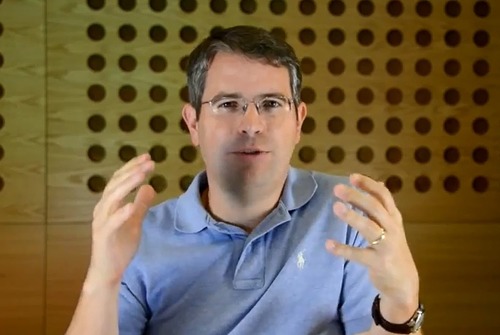







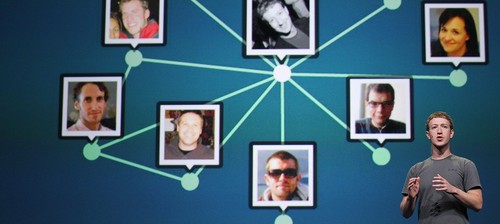



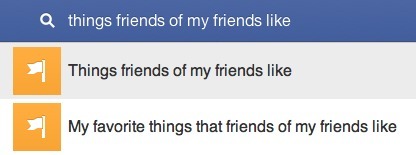

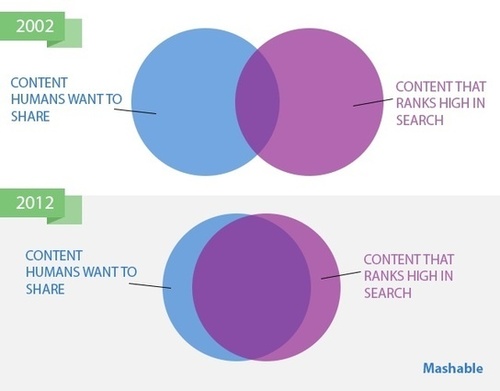
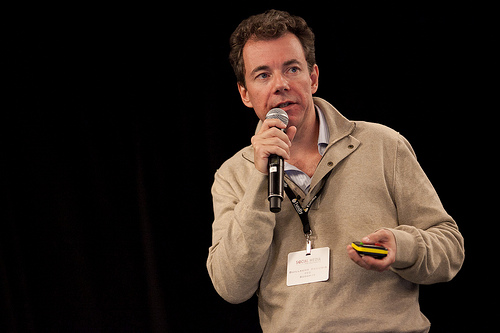




 The recent deal between Flipboard and the New York times clearly sets a precedent. Some hate it, some support it. I think that beyond its legitimacy we should think about what this means for the future of digital news publishing and put that in perspective by comparing it with what the music industry did.
The recent deal between Flipboard and the New York times clearly sets a precedent. Some hate it, some support it. I think that beyond its legitimacy we should think about what this means for the future of digital news publishing and put that in perspective by comparing it with what the music industry did.